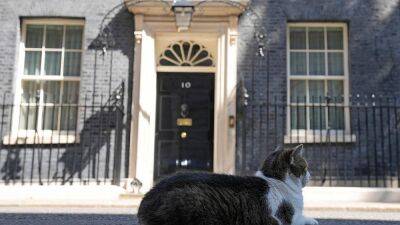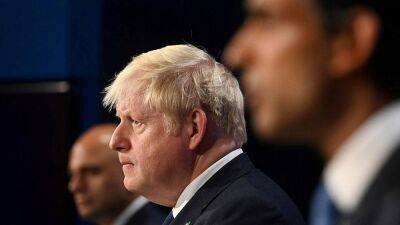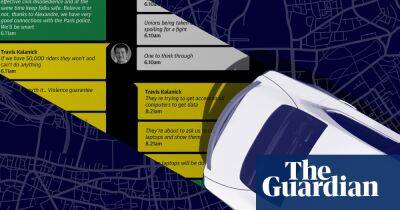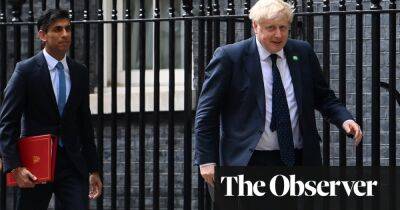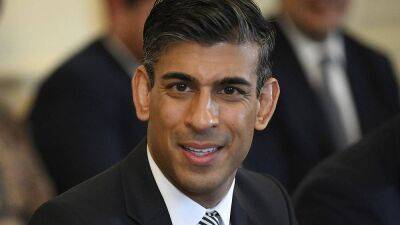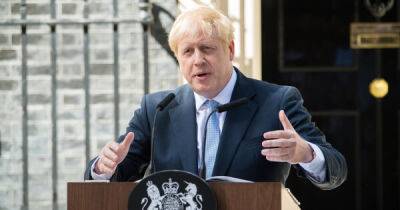‘We needed Dave and George to lean on Boris’: Uber’s battle for London
Uber was riding high in London in 2014. Two years after launching, the US private hire app had eaten into the business of black taxis and minicabs without huge political backlash.
But that spring, one of Uber’s main political fixers got in touch with its California HQ with some bad news about Boris Johnson, the London mayor.
“Saw Boris. The fix is in against us.” The email came from Jim Messina, an ex-aide to Barack Obama whose clients included both Uber and the UK Conservative party.
Johnson was refusing to meet Uber, and was sympathetic to the complaints of rivals that it was operating on the edges of the law. A second consultant for Uber would later report that Johnson had said of its controversial chief executive that it “would be less damaging politically to be photographed with the leader of Isis than with Travis Kalanick”.
The Uber files is a global investigation based on a trove of 124,000 documents that were leaked to the Guardian. The data consist of emails, iMessages and WhatsApp exchanges between the Silicon Valley giant's most senior executives, as well as memos, presentations, notebooks, briefing papers and invoices.
The leaked records cover 40 countries and span 2013 to 2017, the period in which Uber was aggressively expanding across the world. They reveal how the company broke the law, duped police and regulators, exploited violence against drivers and secretly lobbied governments across the world.
To facilitate a global investigation in the public interest, the Guardian shared the data with 180 journalists in 29 countries via the International Consortium of Investigative Journalists (ICIJ). The investigation was managed and led by the Guardian with the ICIJ.
In a statement, Uber said: «We have not and will not
Read more on theguardian.com




